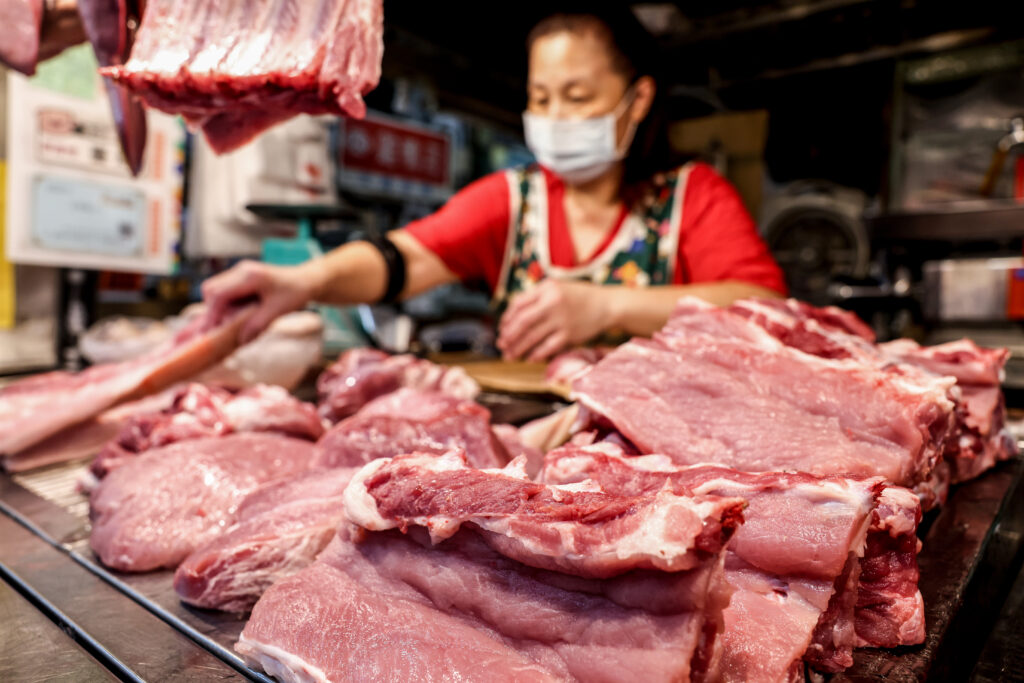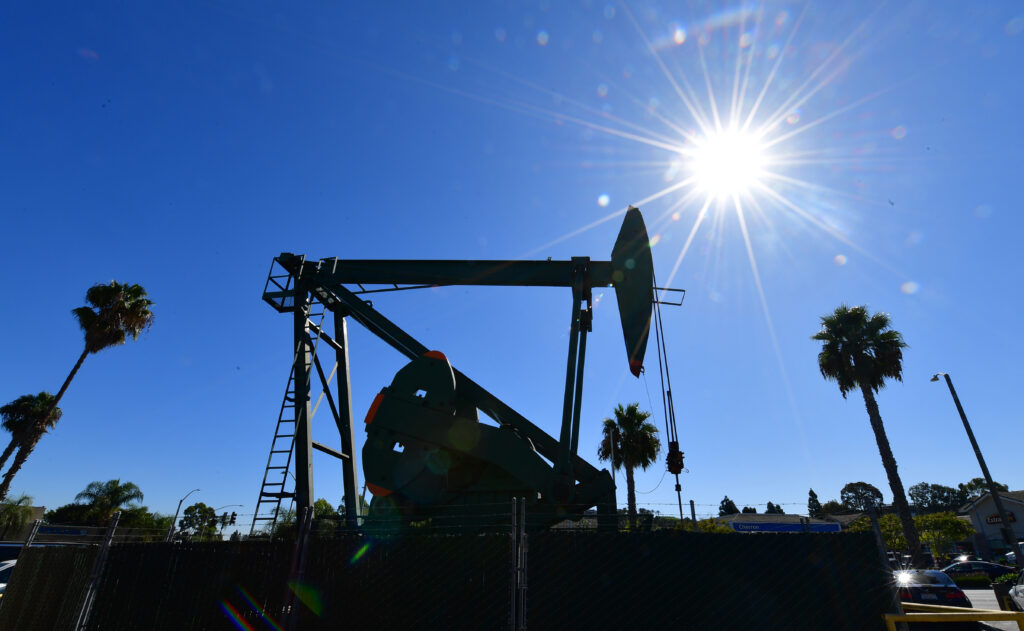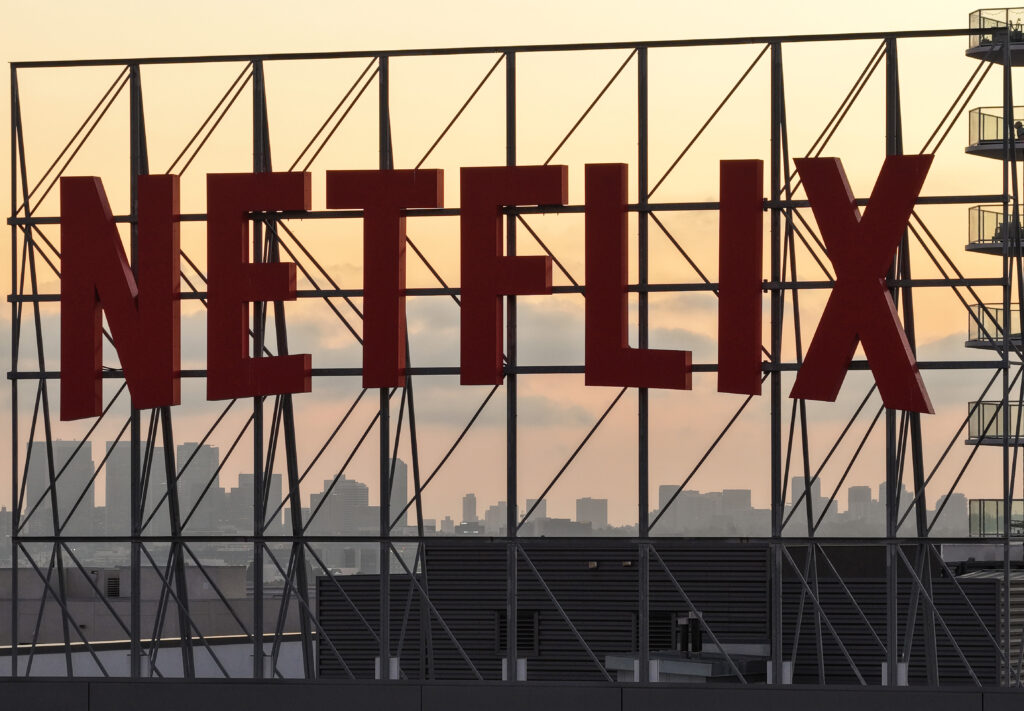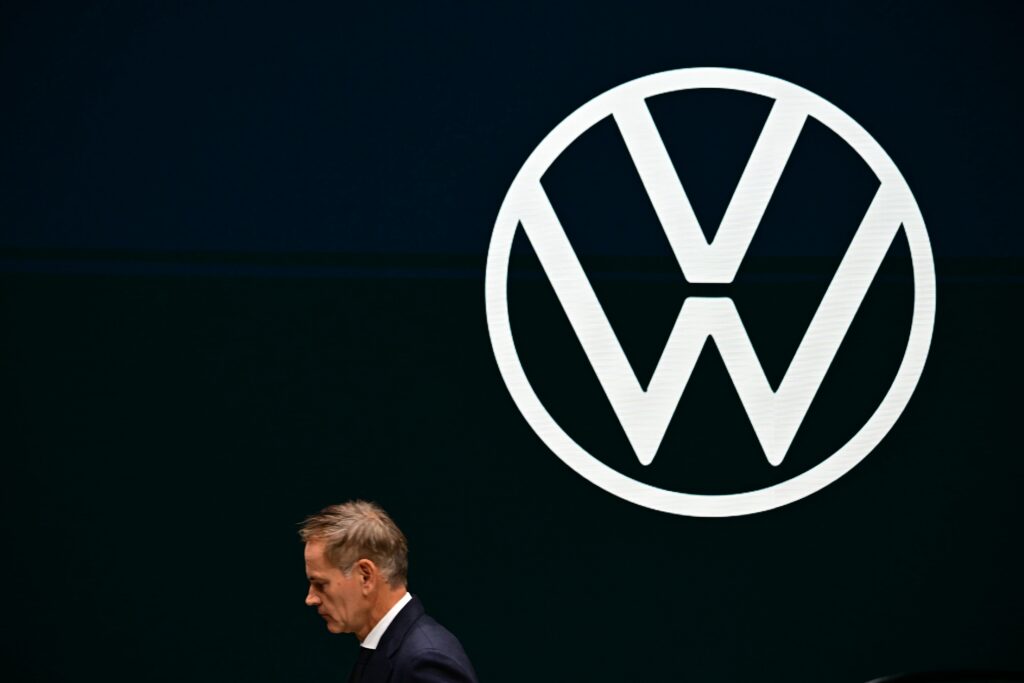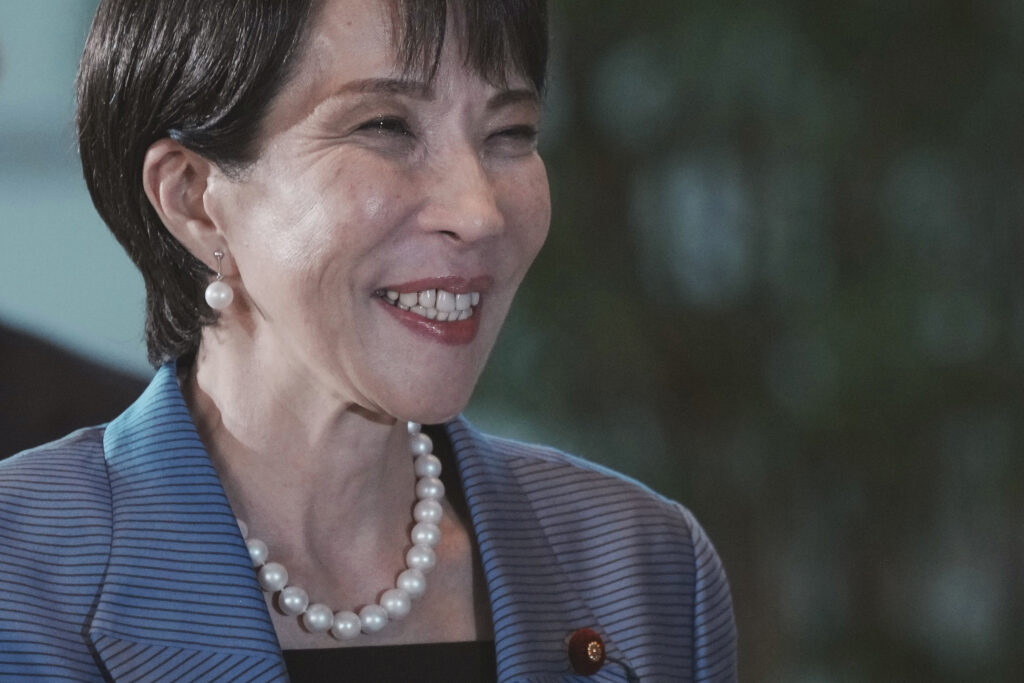Gold and silver sank for a second day Wednesday, bringing a rally in the precious metals to a juddering halt, while stocks were mixed after US President Donald Trump remarked that a meeting with Chinese counterpart Xi Jinping might not take place.Bullion has seen an eye-watering run-up since the turn of the year, helping it climb more than 60 percent and hitting multiple records, with observers suggesting it could soon hit $5,000 an ounce.The rally has been built on a range of issues including a weaker dollar, expectations of interest rate cuts, falling bond yields and central bank buying.Lingering worries about the global outlook have also boosted its haven status, while a fear of missing out on the surge has equally played a part.But the buying reversed Tuesday, tanking as much as six percent at one point, and continued its retreat in Asia, hit by profit-taking, hopes for a further easing of China-US tensions and a stronger dollar.At one point Wednesday it hit a low around $4,000 — after chalking up a record peak above $4,381 in Asian trade Tuesday. Silver, which has been riding the coattails of the rally, also plunged.The retreat hit gold miners and producers. Northern Star Resources in Sydney dived more than eight percent, with Perseus Mining losing more than six percent.Hong Kong-listed Zijin Gold International shed more than four percent and Shandong Gold Mining was off nearly two percent, while Merdeka Copper Gold dived around four percent in Jakarta. “Gold’s glorious charge finally met gravity. After months of one-way conviction and relentless inflows, the metal took a six-percent cliff dive,” said Stephen Innes at SPI Asset Management.”Volatility in gold has now surpassed equities, echoing the pandemic’s manic heartbeat,” he said.However, he added that the commodity would likely still retain support among investors.”Beneath the surface, the structural demand for insurance remains.”Central banks will keep stacking reserves, investors still question the durability of fiat promises, and the monetary plumbing remains swollen with debt and distortion.”Charu Chanana of Saxo Markets added: “None of this means the precious metals story is over. In fact, these are healthy developments, helping to cool what had become an overheated trade and preventing the rallies from turning into a bubble.”The selling matched losses in equities, with most Asian markets falling following two days of strong gains.While investors were taking a breather from the latest run-up — fanned by hopes for a thawing of relations between Beijing and Washington as well as rate-cut bets — comments from Trump raised eyebrows.The US president said Tuesday he expected to seal a “good” trade deal with Xi at the APEC summit in South Korea next week, saying that “I think we’re going to have a very successful meeting. Certainly, there are a lot of people that are waiting for it”.But he then added: “Maybe it won’t happen. Things can happen where, for instance, maybe somebody will say, ‘I don’t want to meet. It’s too nasty.’ But it’s really not nasty.” Hong Kong and Shanghai dropped along with Sydney, Wellington, Taipei and Manila, though Singapore, Seoul and Jakarta rose.Tokyo ended flat, eroding early losses fuelled by profit-taking after a strong rally sparked by an end to political turmoil in Japan.London rose and sterling fell as data showing UK inflation came in below forecasts and boosted bets on the Bank of England cutting interest rates to support the stuttering economy.Paris and Frankfurt edged down.Oil prices jumped more than one percent on speculation that India will agree to cut its purchases of the commodity from Russia as part of a trade deal with the United States.Trump claims New Delhi has pledged to reduce its imports from Russia, which Washington says helps finance Moscow’s war in Ukraine.Indian officials have neither confirmed nor denied any policy shift.India is one of the world’s largest crude importers and relies on foreign suppliers for more than 85 percent of its oil needs. It began buying heavily discounted Russian crude in 2022, taking advantage of Western sanctions that limited Moscow’s export options.- Key figures at around 0810 GMT -Tokyo – Nikkei 225: FLAT at 49,307.79 (close)Hong Kong – Hang Seng Index: DOWN 0.9 percent at 25,781.77 (close)Shanghai – Composite: DOWN 0.1 percent at 3,913.76 (close)London – FTSE 100: UP 0.6 percent at 9,487.01 Euro/dollar: DOWN at $1.1603 from $1.1606 on TuesdayPound/dollar: DOWN at $1.3332 from $1.3374Dollar/yen: DOWN at 151.80 from 151.91 yenEuro/pound: UP at 87.03 pence from 86.78 penceWest Texas Intermediate: UP 1.6 percent at $58.13 per barrelBrent North Sea Crude: UP 1.4 percent at $62.20 per barrelNew York – Dow: UP 0.5 percent at 46,924.74 (close)
